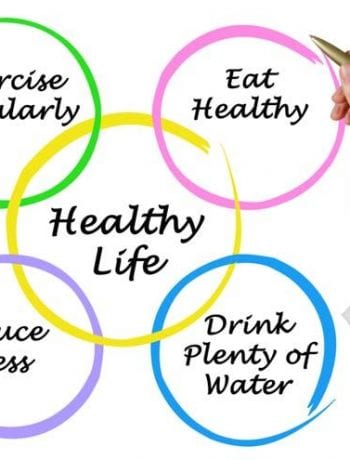With the advent of the home office, sedentarism has kicked in during the last few years. If you’re not at home, sitting at a desk all day long and doing no physical activity might mean you’re leading a sedentary lifestyle.
Because sometimes the lack of exercise cannot be easily changed, some resort to things like the military diet, for example. This is dangerous because you’re ingesting fewer calories than you need.
Even though exercise is vital, here’s a guideline on how to eat correctly when you’re still looking for some needed physical activity.
Balance Your Meals
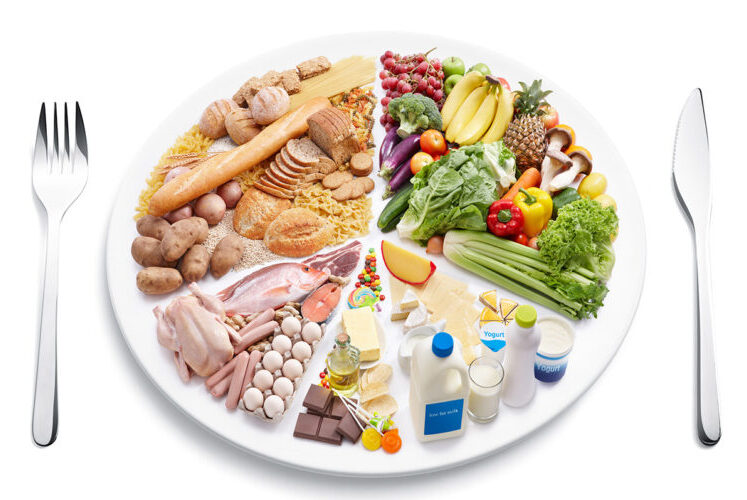
Source: alimentarium.org
First, you should consider offering your body the right balance of proteins, carbohydrates, vitamins, minerals and fiber. If you’re at home, you can decide what to eat and purchase your groceries accordingly.
It also means to avoid comfort food like desserts, cookies, fried food, alcohol, sugary drinks, etc. When it comes to sugar, remember to keep the consumption of fruits in check and never overindulge.
Hydration is also critical. It’s recommended that you try to drink about two liters, which is about a quarter gallon of water per day. Also, don’t skip meals, as it can put your metabolism into disarray.
Some Important Foods
Common sense hopefully leads you to think that a varied diet, including all food groups, is probably a safe bet and it’d be correct. However, what’s the right combination of nutrients your body requires?
The answer is complex. For example, you need proteins for the formation of antibodies and other critical bodily functions, which are abundant in meat. To get folic acid, the best bet is leafy vegetables. So, below, you’ll find a list of essential nutrients and where you can get them from. If you’ve gained weight and want to get rid of it, check out our article covering the benefits of eating proteins for weight loss.
Iron
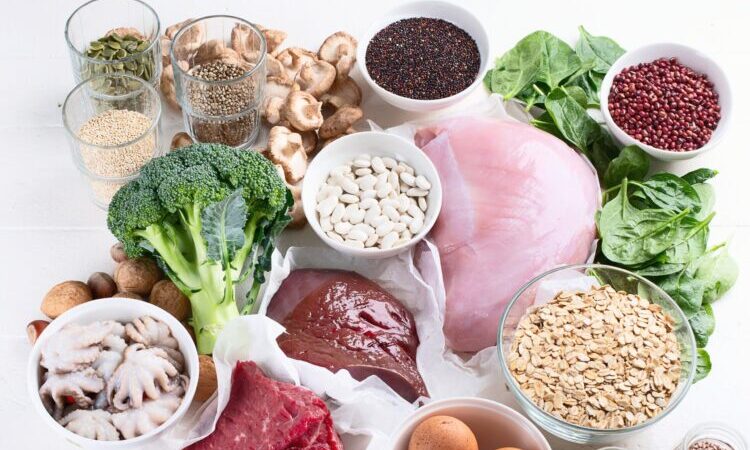
Source: hsph.harvard.edu
This is available in meats such as beef, chicken, fish and seafood such as clams or oysters. Though, it’s not just about meat; you can also find iron in egg yolks, pumpkin seeds and walnuts.
Copper
This element is present in whole grains and legumes, nuts, potatoes, and organ meats.
Zinc
Zinc is present in turkey, organ meats, beans, peanuts and soybeans.
Selenium
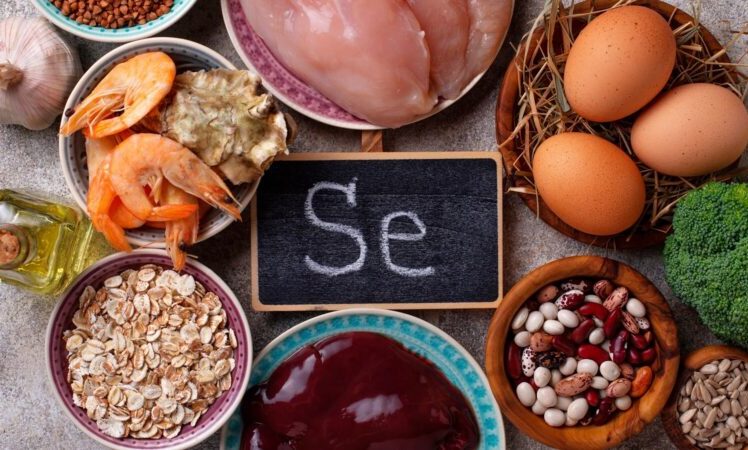
Source: healthshots.com
To incorporate selenium into your diet, you can opt for meats, eggs, dairy and cereal-derived products such as bread.
Omega 3
Omega 3 is an essential fatty acid present in fish. It includes salmon, sardines and tuna. However, if you don’t enjoy fish, you can also find it in plant oils like canola or flaxseed oil.
Vitamin B
This is a family of compounds and it’s found in many foods. It includes potato, turkey, fish, avocado and hazelnuts.
Folic Acid
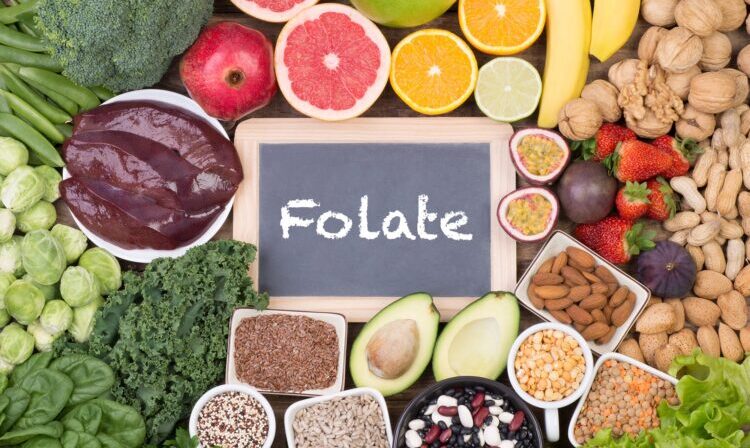
Source: naturemade.com
Folic acid is primarily found in vegetable sources like green leaves such as spinach, lettuce, cabbage, broccoli and legumes.
Vitamin C
To get your daily vitamin C intake, you can resort to citrus, such as oranges and grapefruits. Plus, it’s also present in berries, watermelon and other similar fruit families.
Vitamin A
You’ll find this essential nutrient in dairy products, carrots, beef, spinach and other various foods.
Vitamin E
Again, the source of this compound is mainly vegetables. You can find it in corn oil, nuts, seeds and green leafy vegetables.
Conclusion
If you incorporate those elements into your everyday meals, you’ll be enjoying a healthy diet. While it won’t replace physical exercise, it’ll definitely contribute to a healthier lifestyle.




